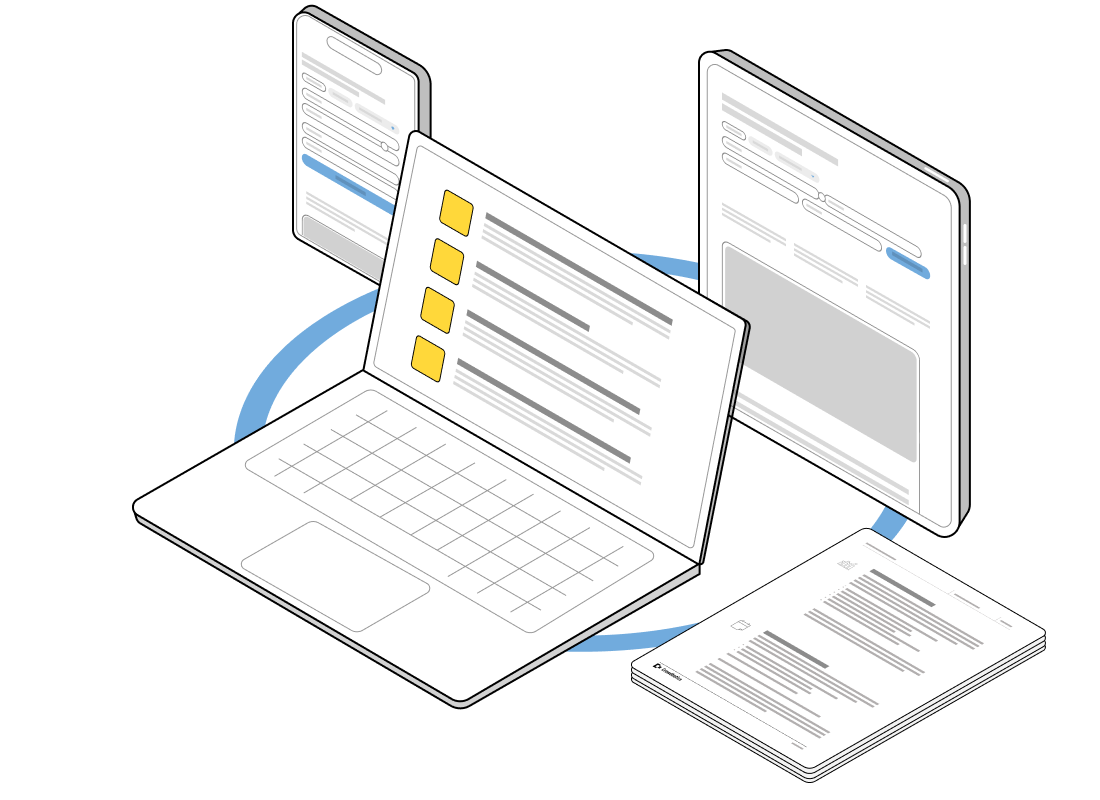What is a fitness app?
A fitness application is a web, mobile, or desktop application that enables users to track their exercise workouts. Fitness apps typically include features for logging exercises and tracking workout progress over time.
Fitness apps often share some features with other health and wellness apps, such as nutrition and mindfulness apps. Popular fitness applications include Nike Run Club, Nike Training Club, Google Fit, Fitbit, Strava, and MapMyRun.
Examples of fitness apps built with Crowdbotics:
- A fitness app that pairs to the Garmin watch line. When you choose a workout, it will get sent to the watch which will guide you through. The watch will display the rep count, the exercise, and the health information.
- An app that can handle the judging /scoring of contestants. Contestants create profile and sign up for event. Judges put in scores at event. Results are tabulated so they can be read.
- A mobile app very similar to Strava but with competitions in place. App will track your running, walking, cycling and cycling activities. You can compete in competitions and email notification when you get 1st, 2nd, 3rd place. Needs to track distance and speed.
What is the typical cost to build a fitness app?
A fitness app usually costs about $37,500 to build. However, the total cost can be as low as $25,000 or as high as $50,000. A fitness app with a low number of features (also known as a minimum viable product, or MVP) will be more affordable than an app that includes all intended functionality.
For example, here are some previous fitness app price quotes from Crowdbotics:
How long does it take to build a fitness app?
A fitness app usually takes 200 hours to build. However, a fitness app can be built in as few as 67 hours, or in as many as 333 hours. The exact timeline mostly depends on how complicated your specific app is. As a general rule, it will take longer if you require highly custom designs, niche features, complex logic, or non-standard release platforms.
For example, some previous fitness apps build with Crowdbotics received the following hourly estimates:
Not seeing what you’re looking for?
Crowdbotics has quoted and built hundreds of applications for teams of all sizes. Browse our historical estimates by industry and app type to understand possible costs and considerations.
How to successfully grow your fitness application
A fitness app can grow its user base by providing a high level of value to users in exchange for their data. For example, a fitness app may leverage its user’s data to provide customized content that is more relevant to their needs. In addition, the app may use this data to help users interpret their results so that they can improve over time, and the app may also help them connect with other users through social media.
Risks and challenges of building a fitness application
Fitness apps face legal and reputational risks associated with the safety of the user and of other people in the surrounding area. It is recommended that you take strong measures to verify identity and prevent abuse in your app, such as blocking users who are abusive or repeatedly unresponsive.


